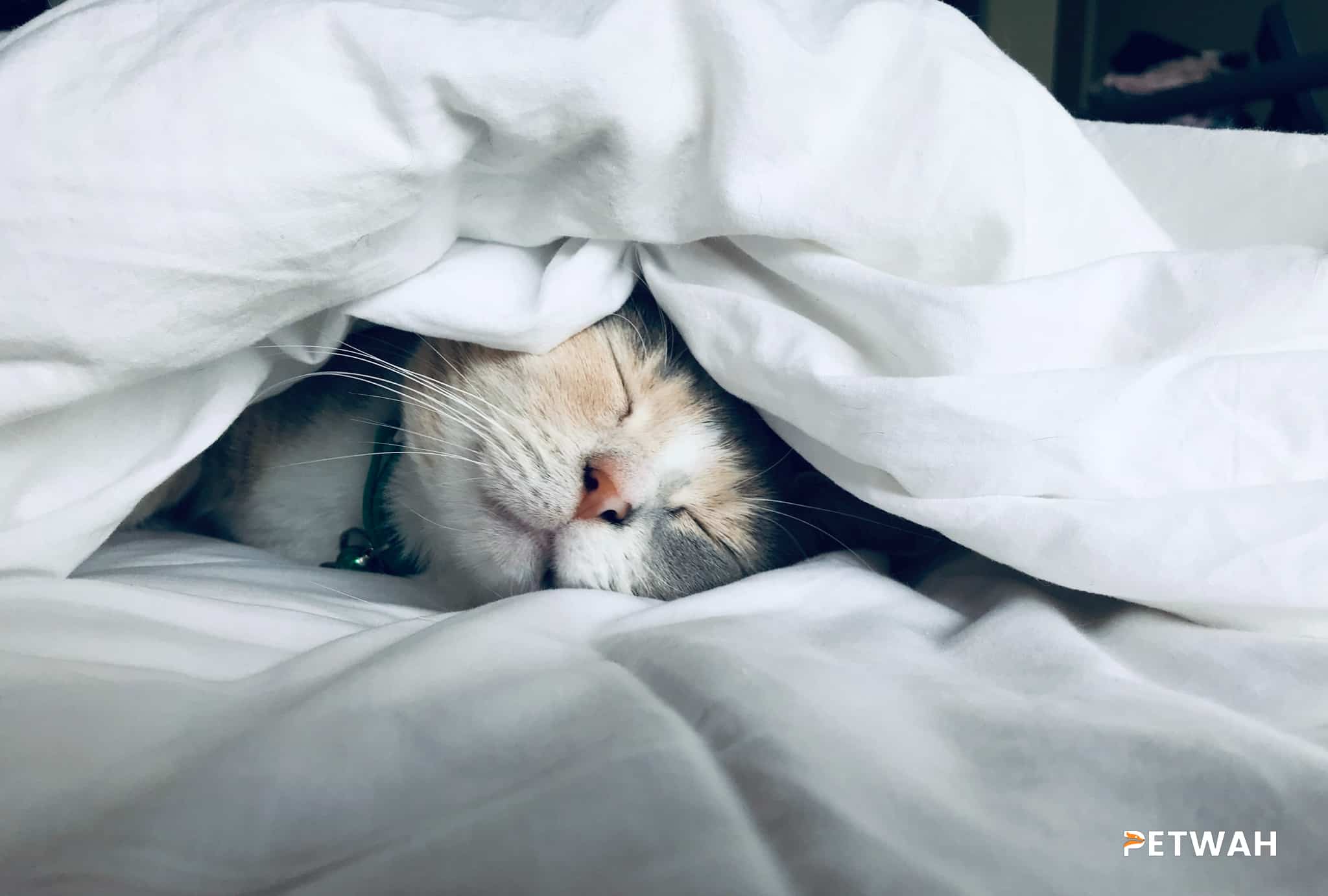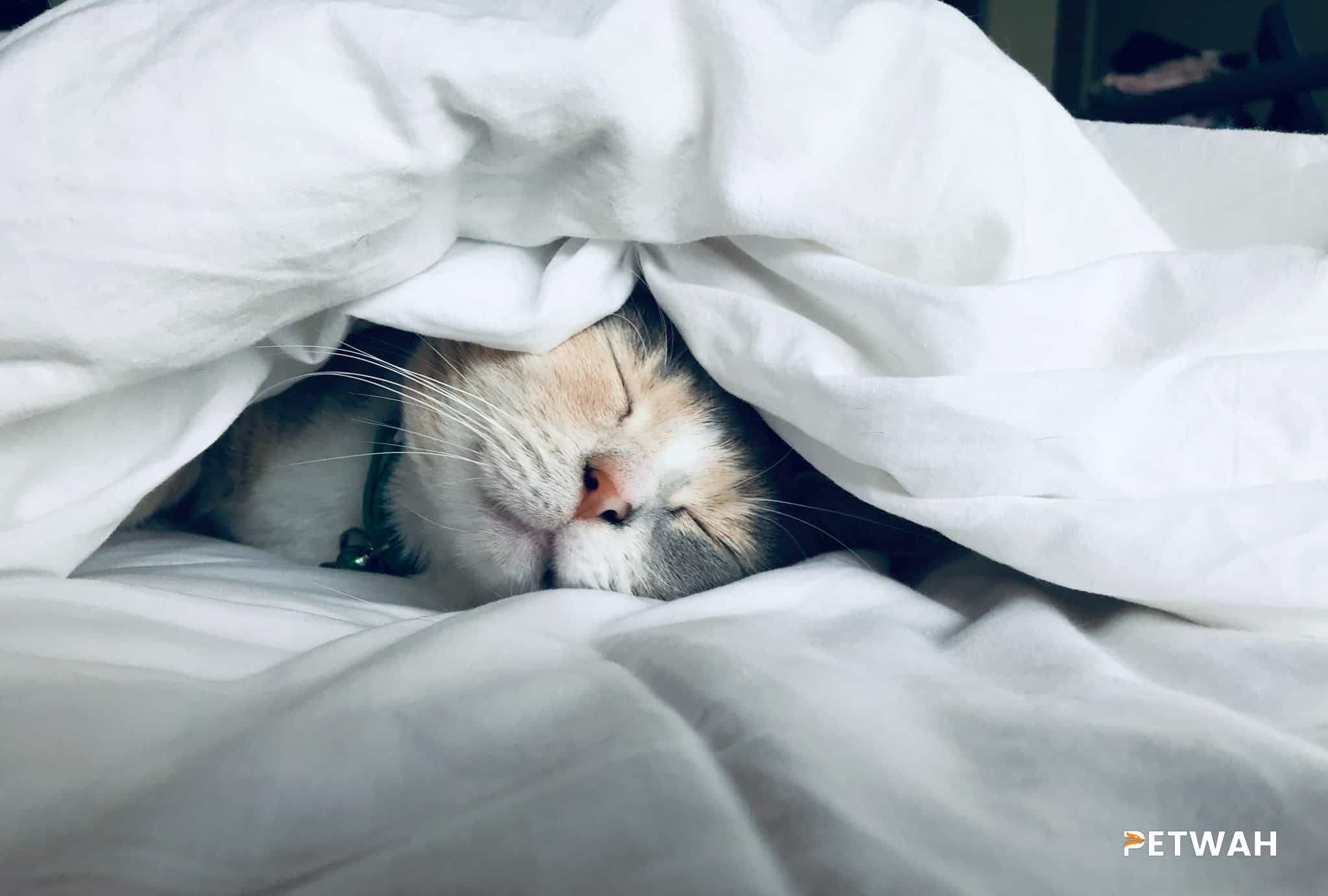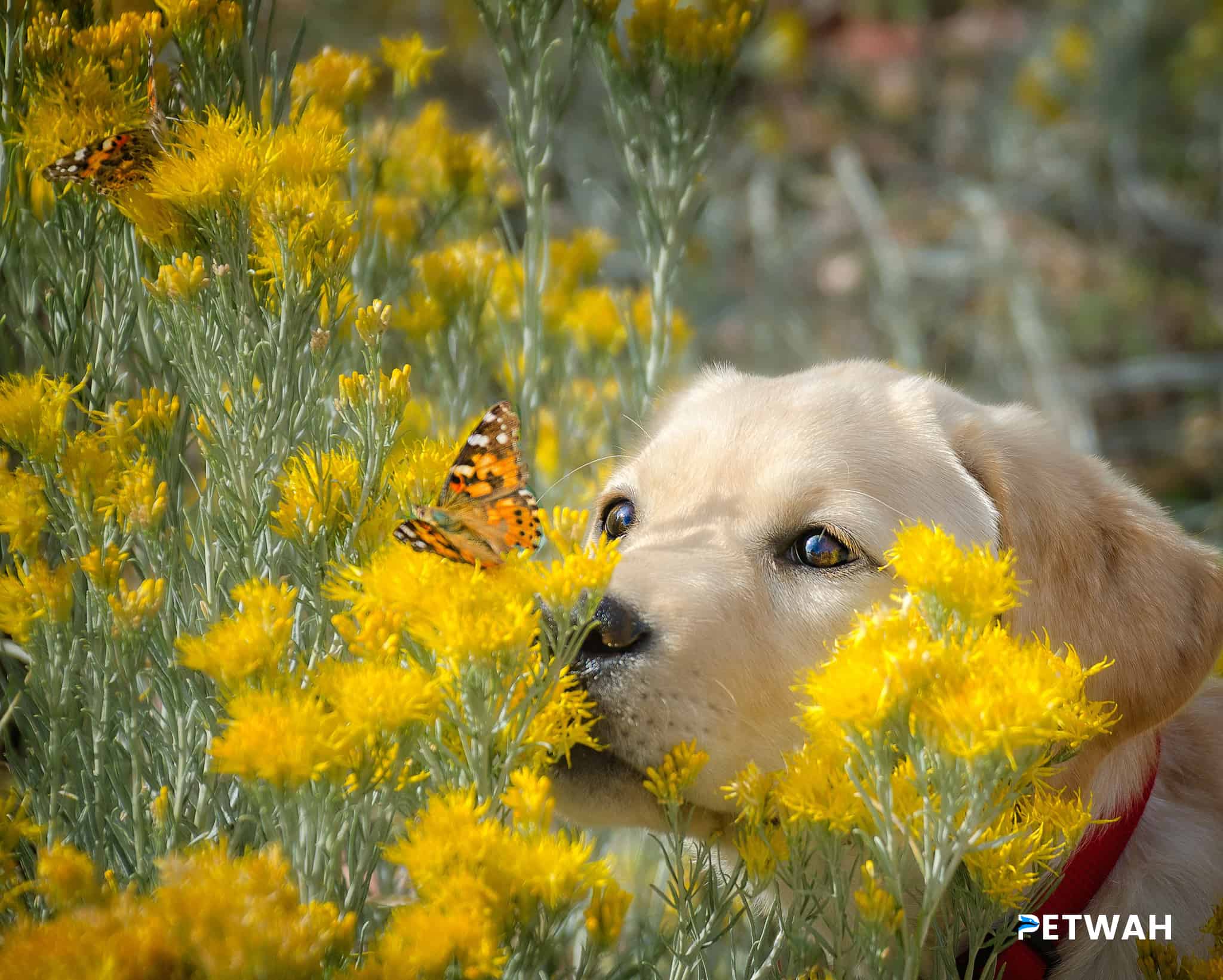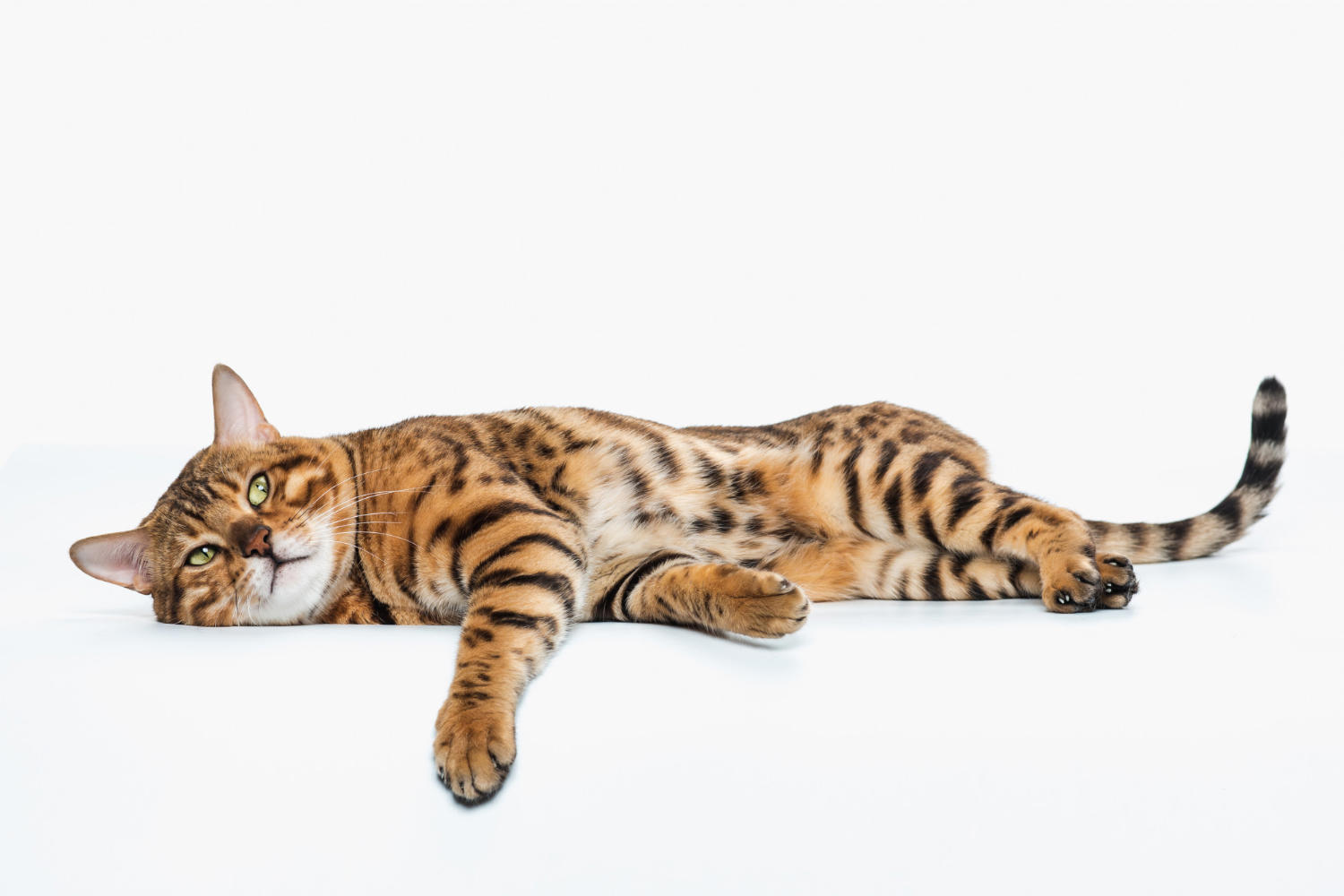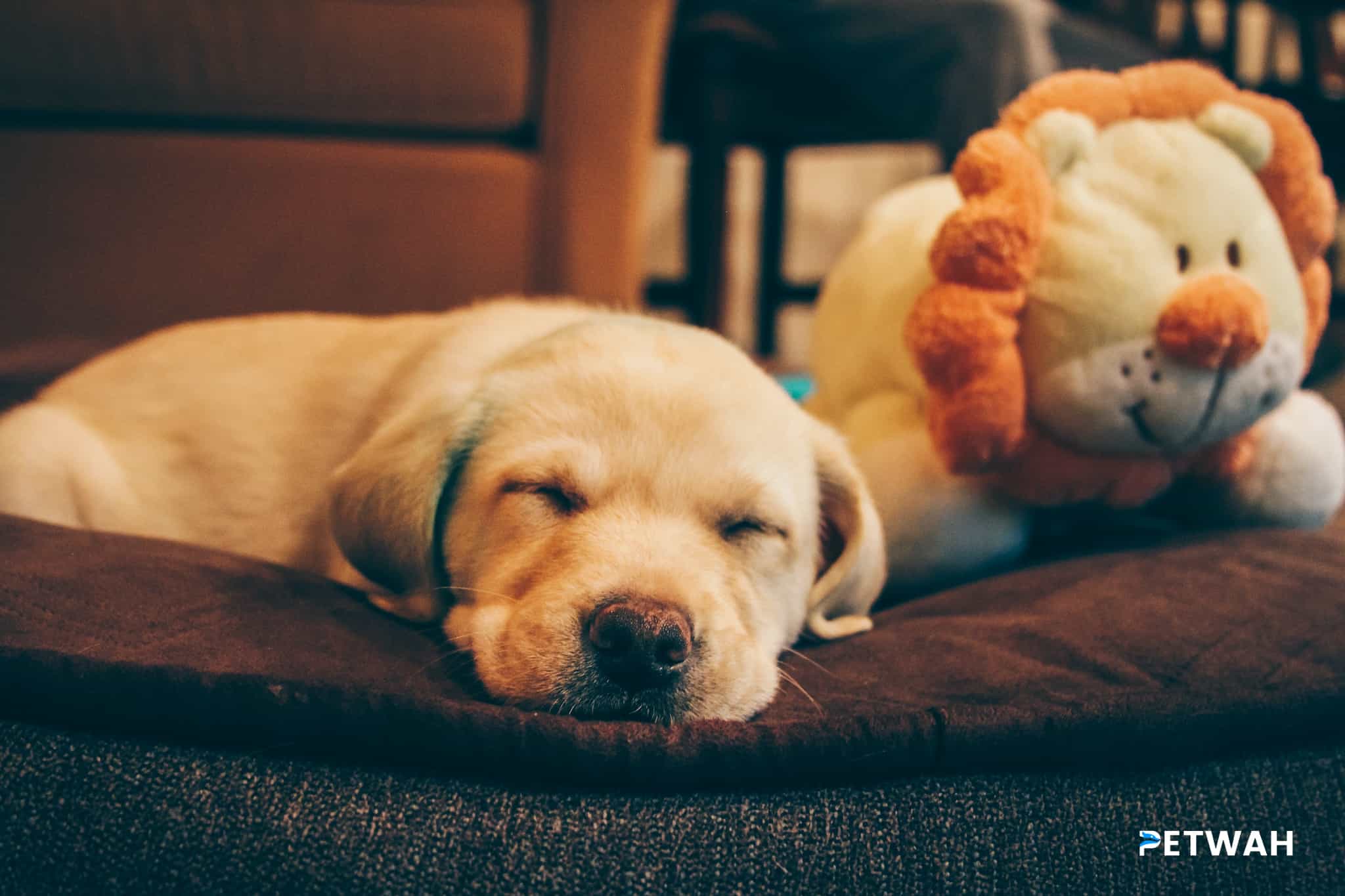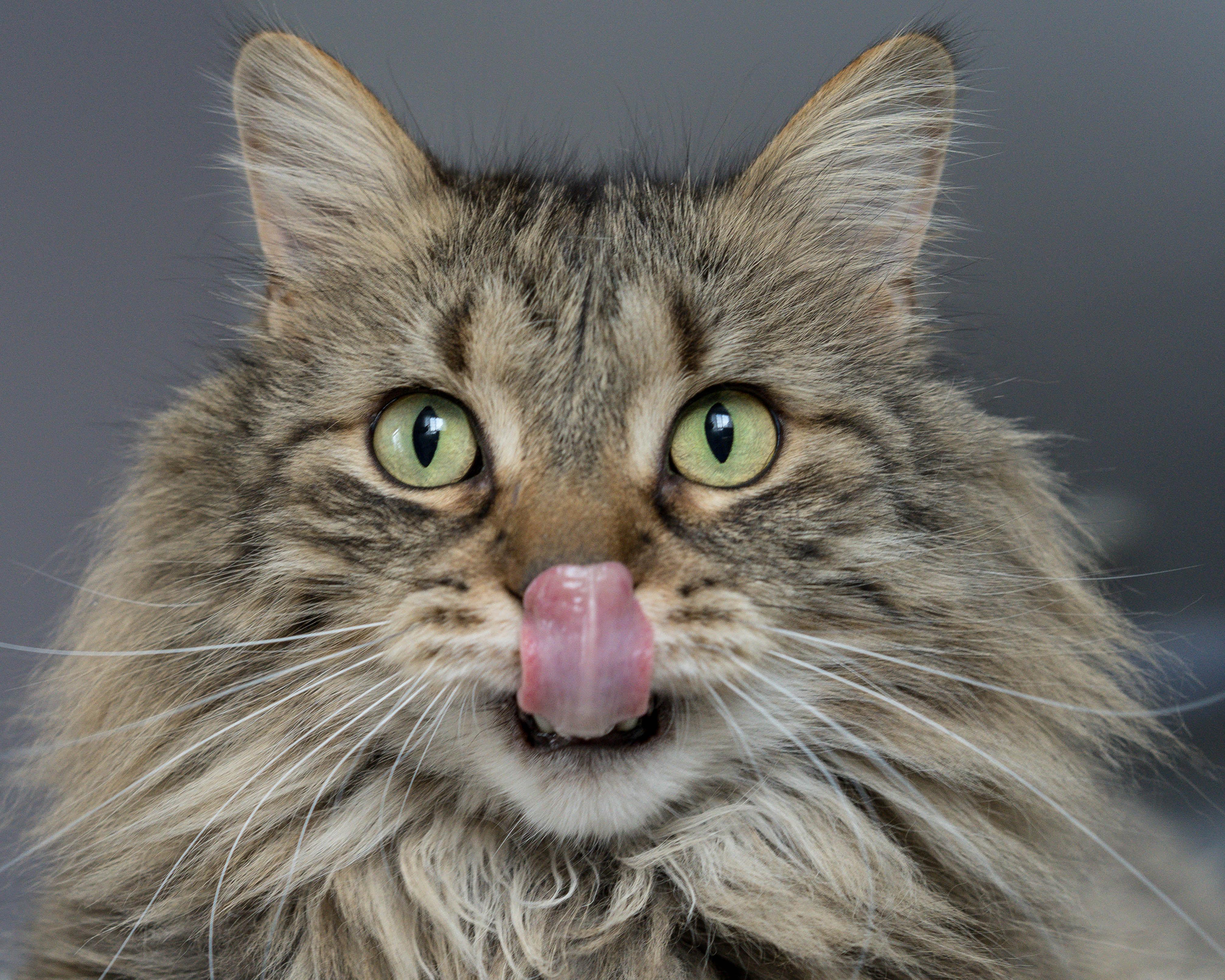What diet and nutrition plan is most suitable for their cat’s health and lifestyle?
Cats are known to be obligate carnivores, meaning they require a diet that is primarily made up of animal protein to meet their nutritional needs. A well-balanced diet is crucial for their overall health and well-being. As a responsible cat owner, it’s vital to provide your feline friend with the right nutrition plan tailored to its individual needs and lifestyle. In this blog post, we will explore the factors to consider when choosing a diet and nutrition plan for your cat, as well as provide some useful tips and recommendations.
Understanding Your Cat’s Dietary Needs
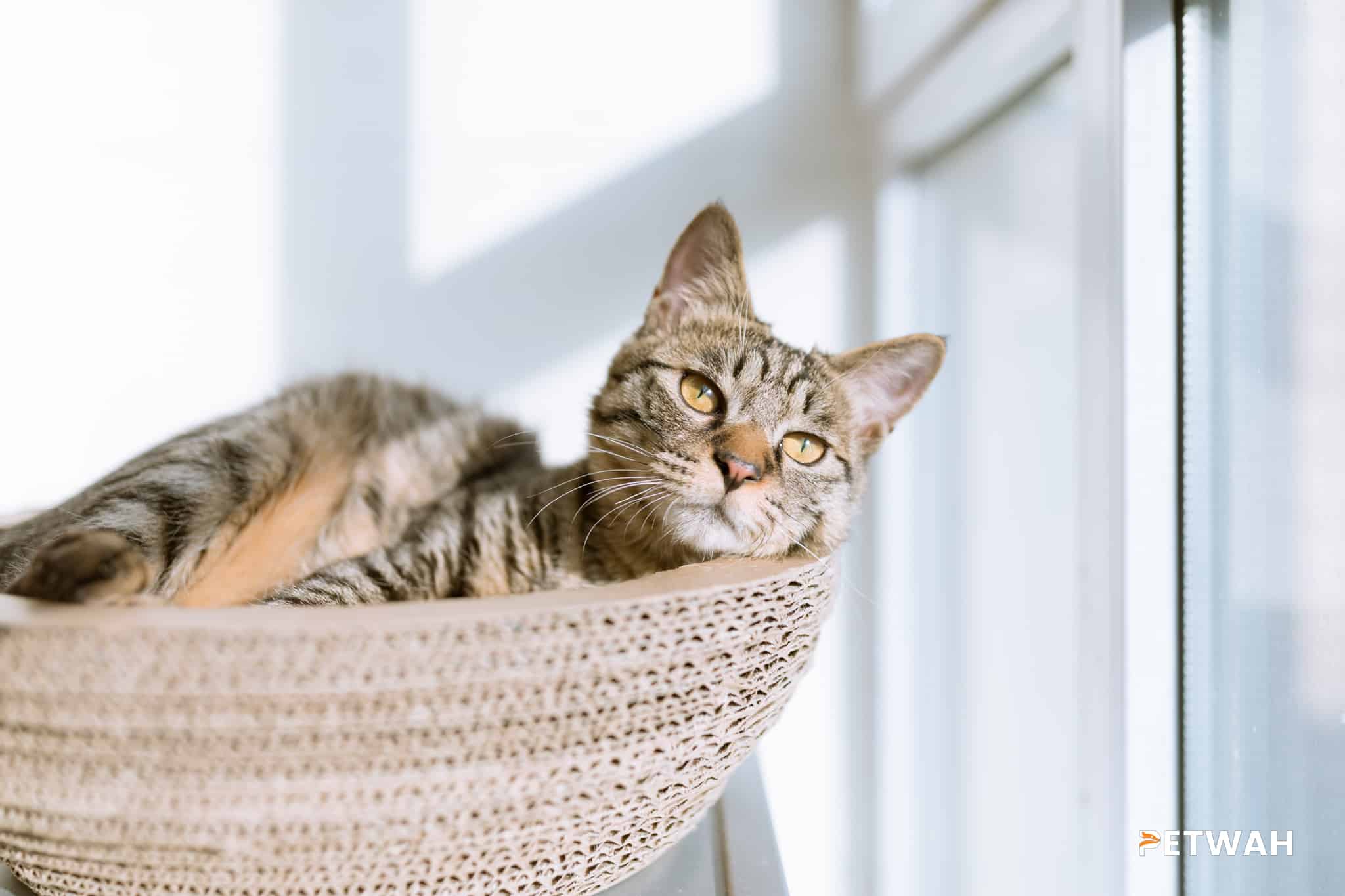
Before diving into the intricacies of feeding your cat, it’s essential to have a basic understanding of their dietary needs. While cats are primarily carnivorous, their diet should also include some essential nutrients found in plants. Here are some key points to keep in mind:
1. Animal protein: Cats require a diet rich in animal-based protein, such as meat, poultry, and fish, as it provides them with essential amino acids like taurine. Taurine is essential for heart health, vision, and reproductive function in cats.
2. Healthy fats: Fats provide cats with energy and are necessary for the absorption of fat-soluble vitamins. Include sources of Omega-3 and Omega-6 fatty acids in their diet to support their skin and coat health.
3. Limited carbohydrates: Cats have a limited ability to digest carbohydrates. While some carbohydrates like fiber can be beneficial for their digestion, it’s best to avoid diets that are primarily composed of carbohydrates.
4. Water intake: Cats have a low thirst drive, so it’s important to ensure they have access to fresh and clean water at all times. Wet food or adding water to their dry food can help increase their water intake.
Choosing the Right Cat Food
When it comes to choosing a suitable cat food, there are several options available, ranging from commercial diets to homemade meals. Here are a few factors to consider:
1. Commercial cat food: Look for high-quality, balanced cat food that meets the nutritional requirements set by veterinary organizations. Consider factors such as life stage, health conditions, and any specific dietary needs your cat may have.
2. Wet or dry food: Cats can benefit from a combination of wet and dry food. Wet food provides hydration and can be more palatable, while dry food can help maintain dental health. Speak to your veterinarian to determine the right balance for your cat.
3. Homemade diet: Some cat owners prefer to prepare homemade diets for their pets. While this can be a viable option, it’s crucial to ensure it meets all the necessary nutritional requirements and consult a veterinarian or veterinary nutritionist for guidance.
4. Transitioning to a new diet: If you need to switch your cat’s diet, it’s important to do so gradually to avoid digestive upset. Start by mixing a small amount of the new food with the old and gradually increase the proportion of the new food over a period of a week or two.
Tips for a Healthy Cat Lifestyle
Diet alone is not the only factor that contributes to a cat’s overall health and well-being. Here are some lifestyle tips to keep in mind:
1. Regular exercise: Encourage your cat to engage in regular physical activity to maintain a healthy weight and prevent obesity-related health issues. Provide toys, scratching posts, and interactive playtime to keep them active.
2. Environmental enrichment: Cats are natural hunters, so it’s important to provide them with mental stimulation. Include scratching posts, hiding spots, and toys that encourage their natural instincts.
3. Veterinary care: Regular visits to the veterinarian are essential for your cat’s health. They can provide guidance on nutrition, vaccination schedules, parasite prevention, and overall wellness.
4. Monitoring portion sizes: Overfeeding can lead to obesity and related health issues in cats. Follow the feeding guidelines provided by the cat food manufacturer and consult with your veterinarian to determine the appropriate portion sizes for your cat based on its age, weight, and activity level.
Useful Resources
To dig deeper into the topic of cat nutrition and diet, here are some external resources you may find helpful:
1. American Association of Feline Practitioners (AAFP): A professional organization dedicated to promoting high standards of feline care, AAFP provides resources on various aspects of cat health, including nutrition.
2. The International Society of Feline Medicine (ISFM): ISFM offers educational resources on feline health, including nutrition and feeding recommendations.
3. Cornell University College of Veterinary Medicine: Cornell’s Feline Health Center provides valuable information on cat health, including feeding and nutrition.
FAQs
1. How often should I feed my cat?
– The frequency of feeding depends on your cat’s age and individual needs. Kittens often require more frequent feeding (3-4 times a day), while adult cats can be fed 1-2 times a day. Consult with your veterinarian for personalized advice.
2. Can I feed my cat a vegetarian or vegan diet?
– Cats have specific nutritional requirements that can be challenging to meet with a vegetarian or vegan diet. It’s best to provide them with a diet that includes animal-based protein to ensure they receive all the essential nutrients they need.
3. Should I free-feed my cat?
– Free-feeding, where food is available at all times, can lead to overeating and obesity in some cats. Controlled portion feeding is generally recommended, but consult with your veterinarian to determine the best approach for your cat’s individual needs.
4. Can I give my cat a raw food diet?
– Raw food diets have gained popularity, but they also pose some risks, such as bacterial contamination and nutritional imbalances. If you’re considering a raw food diet, consult with a veterinarian or veterinary nutritionist to ensure it’s done safely and meets all the necessary nutritional requirements.
5. How do I manage my cat’s weight?
– If your cat is overweight or obese, it’s important to work with your veterinarian to develop a weight management plan. This plan may involve adjusting the diet, portion control, increasing exercise, and regular monitoring. Avoid rapid weight loss, as it can have adverse effects on your cat’s health.
Conclusion and Call-to-Action
Choosing the right diet and nutrition plan for your cat is essential for their overall health and well-being. Remember to consider their carnivorous nature, incorporate a balanced diet, and provide them with proper hydration. Additionally, maintaining a healthy lifestyle through exercise, mental stimulation, and regular veterinary care are key factors for a happy and healthy cat. For more information and high-quality cat food options, visit PetWah (www.petwah.com).


